You’re Not a Sex Addict, It’s Not a Real Thing
Nothing pisses me off more than when someone uses the term “sex addict.” I think I might be a sex addict, or I am trained in the treatment of sex addiction. Girl, shut up. It’s not a real thing, you need to stop saying it, and let me tell you why.
Let’s get something straight here: sex addiction is not a recognized disorder in the DSM-5. The DSM-5 is the Diagnostic and Statistical Manual of Mental Health Disorders, Fifth Edition. It’s a manual used by mental healthcare providers to diagnose the different kinds of mental illnesses which all need to meet a specific set of criteria to confirm the diagnosis. And even if we have this manual, this is in its fifth edition which means that it has gone through many revisions. That means that everything we know about mental health is a working theory and is subject to change.
I have my reservations with the current DSM. It still lists premature ejaculation and “male hypoactive sexual desire” as disorders. Da fuq? Who is out here timing their cum and saying, “Ah, that’s too early. Try again.” And also isn’t not being horny all the time just…part of life? I also wanna add that my bestie says that “sex addiction” is just a term invented by men to excuse their shitty behaviour towards women, and honestly? Tea.
My main issue with this whole sex addiction debate is who is gatekeeping how much sex is too much sex. Sexual behaviour is part of human nature. We should have as much sex as we want! As long as nobody is getting hurt and everything is consensual, we should be fucking how we please. However, I will acknowledge that some people do experience a problem with their perceived high sex drive. I get that. So I won’t totally ignore that there is such a thing as compulsive sexual behaviour (CSB).
There was a study done at the University of Cambridge that looked at the brain activity of self-proclaimed sex addicts and compared them to the brain activity of drug addicts. When the sex addicts were shown porn, the reward and motivation parts of the brain were activated. The same parts were activated in the drug addict brain when shown drug stimuli.
So yeah, there is a problem when it comes to CSB. But to talk about it as an addiction is a slippery slope into slut shaming which is why this is constantly debated. Are we pathologizing normal human behaviour? When does it actually become a problem? Where does the person end and the sickness begin? Dr. Ellen Hendriksen, clinical psychologist and host of the Savvy Psychologist podcast, breaks it down best:
It’s not who you are. (Incongruence)
Having lots of sex is not a bad thing. If having lots of sex and spending money on sex is in line with who you are, there’s no issue. But if sex or looking for sex takes away from your life to the point where it causes problems with work, family, or friends then it becomes a problem.
It feels uncontrollable.
Your urges require immediate gratification, but you act on those urges without thinking of the consequences. In early interview studies many sexually compulsive individuals described a numb detached or trance-like state or an overpowering drive that seems to take over. Your urges get you in trouble.
Compulsive
You use sex to feel not just more good, but also to feel less bad. Sex becomes necessary to reduce an anxious craving or to cope with other problems. You feel like you have to fuck or jack off because if you don’t, you feel irritable, restless or even angry; most of all you feel powerless and out of control.
Dependence
Just like a drug or alcohol use problem you could develop a tolerance and suffer a withdrawal. Over time increasingly frequent or more extreme sex might be needed to achieve the same emotional comfort as before, just as an individual struggling with drug addiction needs stronger doses to achieve the same high.
Conflation
Sex gets mixed up with things that should stay separate. Happiness and self-worth become tied to sex, or negative feelings like loneliness, fear, sadness or guilt become sexualized. Self-described sex addicts have a tendency to experience increased sexual interest when depressed or anxious, leaving researchers to theorize that those with out-of-control sex lives might turn to others for sex when they actually need connection.
Empty/dysfunctional relationships
Sex addiction is unique from other addictions in that it requires another person. Using a person to satisfy an addiction doesn't make for a great relationship. For instance individuals with sex addiction might make obtaining sex the main goal in interacting with others. Relationships that do last might be dysfunctional and empty and valued only for the sexual aspects, and those that are supposed to last like a marriage or life partnership will be tested if your partner is left feeling alienated, angry, and alone when empty sex or porn wins out over them again.
The diagnosis of CSB/sex addiction will continue to be a hotly debated topic as our understanding of it evolves. So is CSB a symptom of more complicated issues, or is it the cause of those problems? It’s not super clear. Some studies have found CSB linked to depression and anxiety, but other studies find no connection. What is clear is that CSB can make you feel like you’re spiraling out of control, but help is available. Speak to a counselor or therapist if you feel like your sex life is no longer satisfying you. We all deserve to have a great sex life and fulfilling relationships, but the first relationship that needs fixing is the one we have with ourselves.

